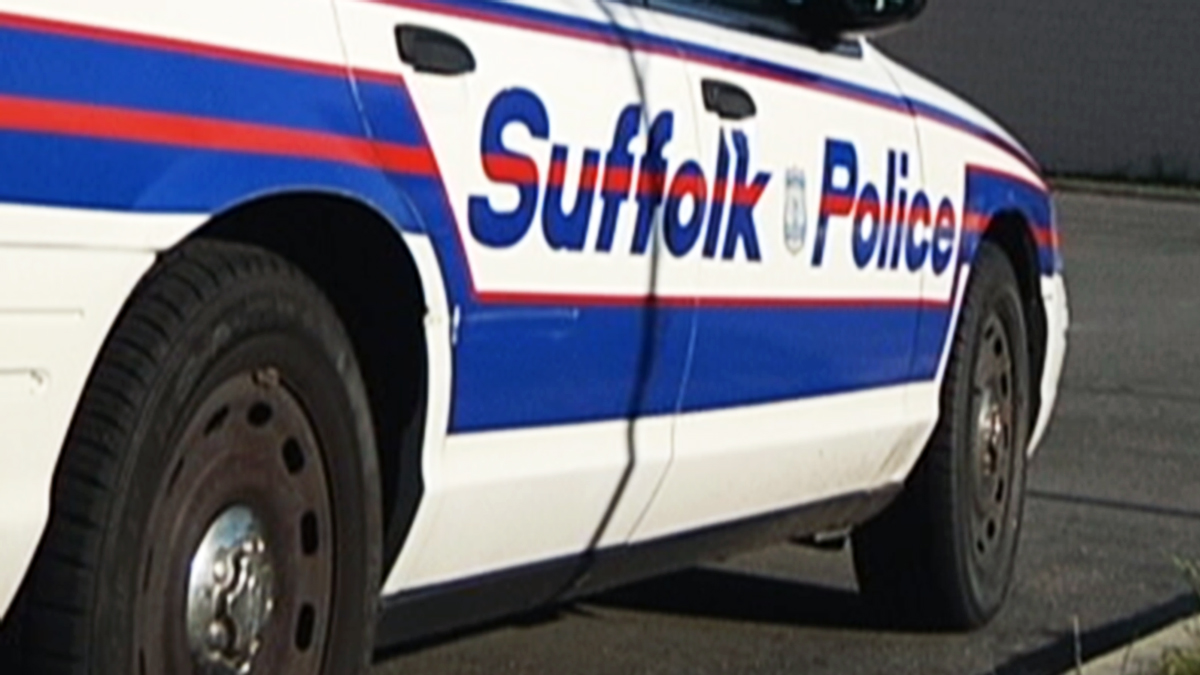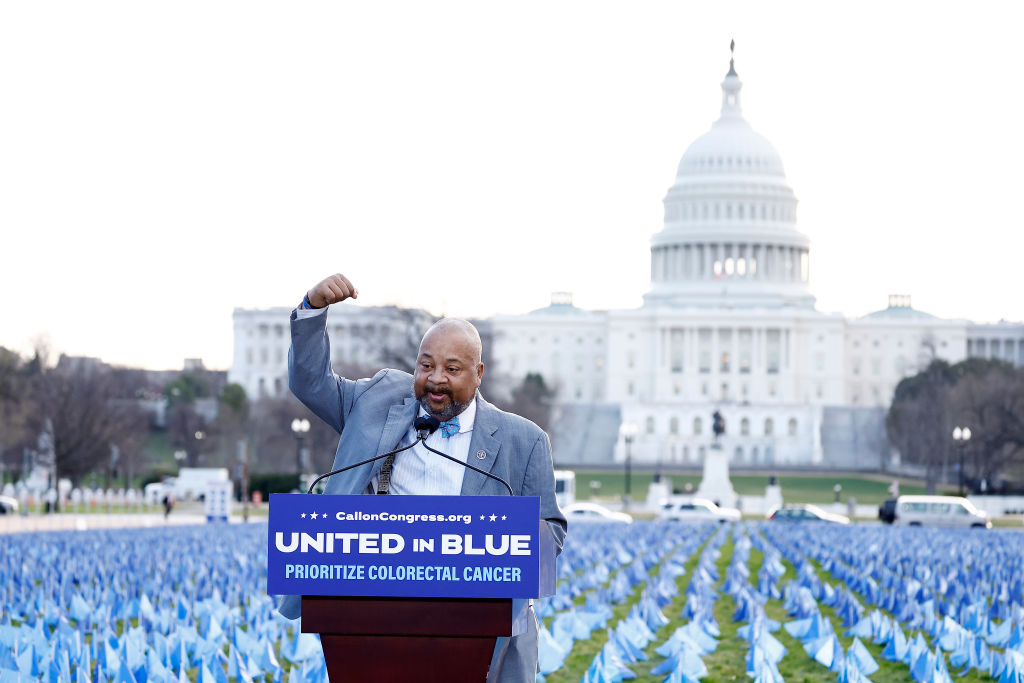The political fortunes of New York Republicans are falling faster than a 401(k) account balance, and on Election Day, the Empire State's dwindling ranks of GOP congressmen will almost certainly shrink again.
In a big state where the presidential contest never really got started, a handful of individual House races will churn up New York's political map.
"We are going to see a loss of House seats," said Rep. Tom Reynolds, a western New York Republican and power-broker who decided not to seek re-election this year. "The pendulum is coming and it's knocking a lot of people off their horses."
From the top of the ticket to the bottom, the GOP mantra in New York is simple: Survive.
When Reynolds came to Congress in 1998, he was one of 13 New York Republicans. This year, he is one of six. In a few months, it could be four, three, or even two. The only truly safe GOP House seats in New York are held by John McHugh in the North Country and Peter King on Long Island.
There are many reasons for the fall: increasing Democratic registration, an unpopular Republican president, and a weakening of the state's conservative organization.
And there's scandal.
Local
In Staten Island, Republican congressman Vito Fossella decided to retire after a drunk driving arrest led to revelations that he had fathered a child from an extramarital affair. On Oct. 17, he was convicted of drunken driving after a one-day trial.
If Democrat Michael McMahon wins that seat, it will be the first time in 35 years that every part of New York City has been represented in Congress by Democrats. Republicans have never represented the entire city, although they came close about 100 years ago.
Democrats also aim to pick up a Syracuse-area seat, where Dan Maffei is close to ending a family legacy of Republican representation. Rep. James Walsh spent 20 years in Congress before deciding 2008 would be his last.
There is one potential bright spot for the GOP: The 20th district, running along the upper Hudson Valley, skirting the Albany suburbs and extending north to Lake Placid. Republicans have 75,000 more registered voters than Democrats.
Rep. Kirsten Gillibrand surprised many by defeating the Republican incumbent in 2006, and now she faces a well-funded challenge from Sandy Treadwell, the state's former GOP chairman.
Treadwell has hammered away at Gillibrand as a Democrat disposed to raise taxes -- a charge she denies, but one that touches a perennial sore point in an area where local property taxes are steep.
"People are worried about their 401(k)'s, they're worried about keeping their homes, they're worried about heating their homes," said Treadwell. "I will never vote to raise taxes on individuals or businesses, and I'll take hard votes as a result of that and I will keep that pledge."
His effort is based on the belief that Gillibrand's win in 2006 was an aberration, not an omen.
"On paper, it's still a very Republican district," said Treadwell. "It's very important that the Republicans come back to the line and I'm with the core values of this district."
Party registration doesn't tell the full story, insists Gillibrand.
"The family and folks in my district are really independent," she said. "They don't just fall in line with the party line."
If Gillibrand doesn't hold onto the seat, it won't be for lack of effort. As a freshman lawmaker, she has raised an unheard-of $4.2 million, and counting.
"For a freshman, she raises money the best I've ever seen," said Reynolds, the retiring Republican who also was one of his party's chief national fundraisers in 2004 and 2006.
There are two other seats in New York where Democrats are making strong challenges.
In the Southern Tier, a sprawling rural district larger than the entire state of Connecticut, Republican incumbent Randy Kuhl is again being challenged by Democrat Eric Massa.
Kuhl's district, running along the Pennsylvania border and north toward Rochester, may be the most truly conservative-minded in the state, and the intense competition for votes is a sign of how much difficulty Republicans are having of late. Kuhl defeated Massa in 2006 by about 6,000 votes out of 200,000 cast.
To the north, Republican Chris Lee and Democrat Alice Kryzan are competing to replace Reynolds, whose district runs from the Buffalo suburbs to the outskirts of Rochester.
Neither are that well-known in the area, and the race will test the Republican strength in the conservative-leaning district against the national Democratic tide.



